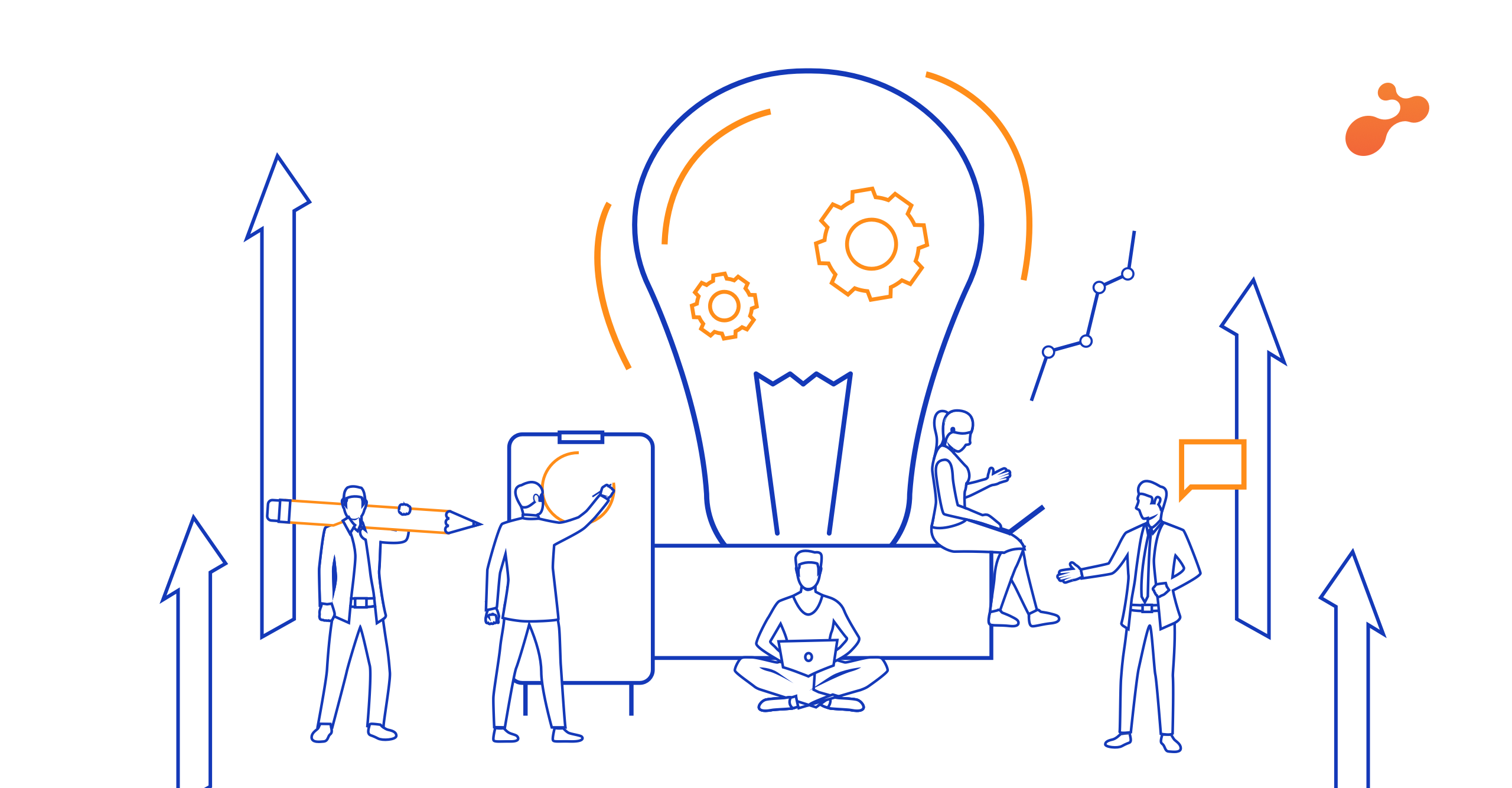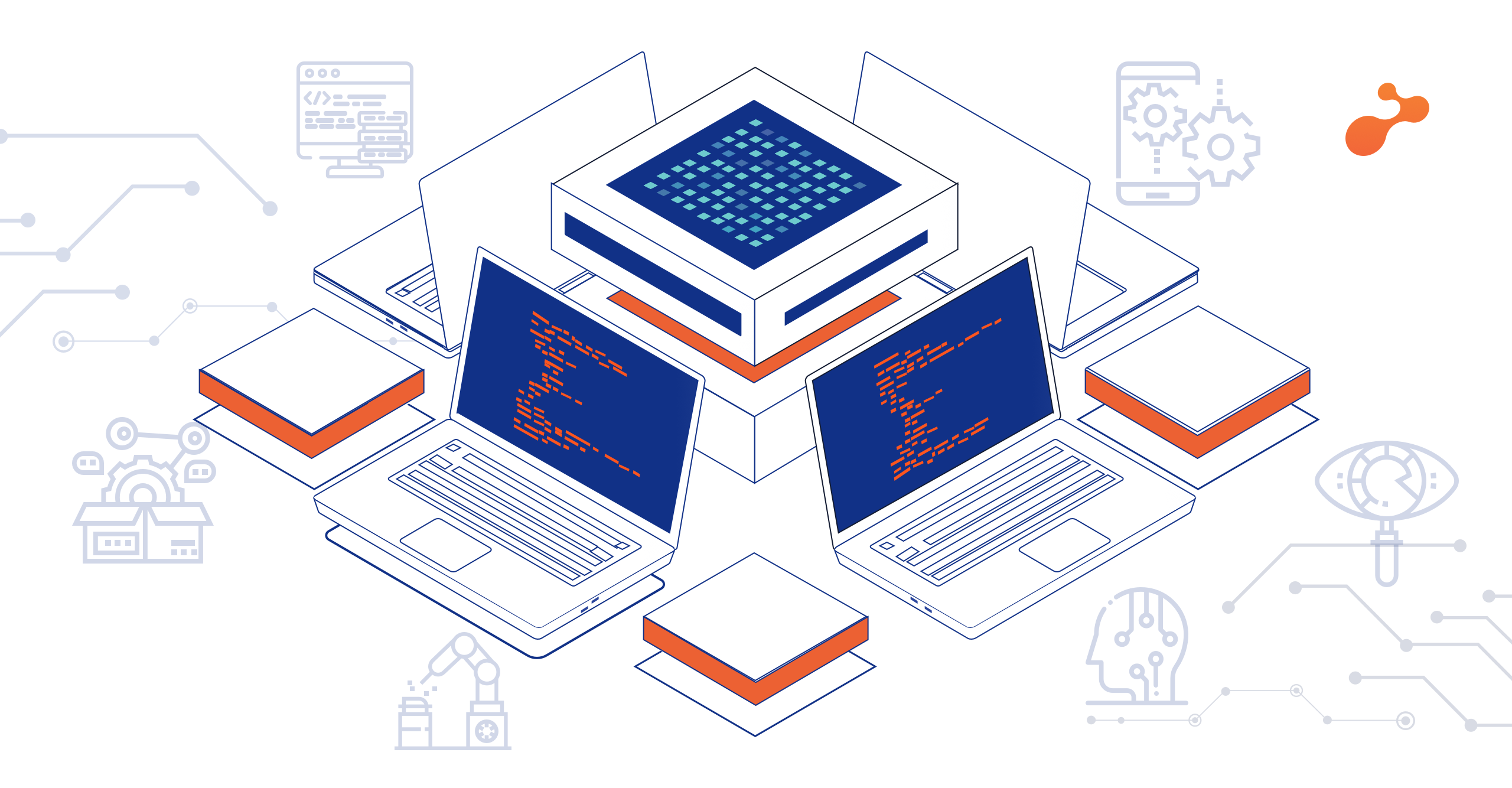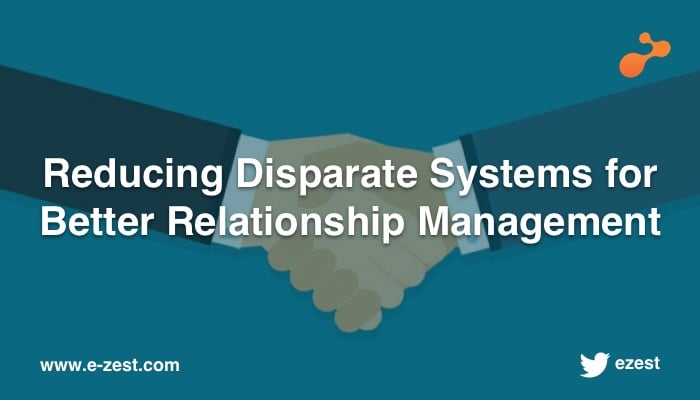Vocational training has always been at the forefront in empowering people with real skills. Skills that start winning the bread, soon after they are injected into the learners. To that effect, such a field needs great courses made by well-equipped instructional designers and disbursed using friendly and powerful technology. I am back with my clamour that offline technology is a useful thing to have. This time the clamour permeates into the world of vocational training as well.
Blended learning programs and on-the-field learning programs hold an important place in this arena. Classrooms aside, it is always pragmatic to put the learners in the environments that will ultimately become their workplace. Let us keep this in mind for the time-being.
Next, vocational training courses are designed to be result-oriented. They are very different in purpose from a mandatory training that the corporate executive completes to stop getting those pesky reminder emails from the HR. The results of the vocational training program are measured directly by how the learner fares on assessments, and how quickly and efficiently he gets employed for the skills he acquired. This result-oriented nature and a race against time that the learners are pitted in, dictates that a lot of sticky learning must happen in a proportionately lesser amount of time.
But since we must be result-oriented, it is not feasible to cram all the learning content into a few class-room programs. It cannot be expected that learners acquire all the skills in those few classroom sittings. They may barely pass the assessments if that is done, but their lives ahead will not stand bettered. The training objectives will not succeed.
Apart from this, I also argued that the e-learning must somehow ‘surround’ the vocational student with the environment that he is expected to perform in.
Using a performance support approach, powered by offline technology, we can kill two birds with one stone, or a better quip in this context would be, feed two mouths with one stove.
Offline technology enables the technology content to be served on a just-in-time basis. The content can be chunked up in more digestible units that are served at specific times and places that the learner is in. It makes learning smoother, and a more integrated experience that he becomes a part of. For example, say he is learning to be a hair stylist. The content asks him where he is when he opens it on the iPad while on the subway train. He says, well I am on the train. The content asks him to observe the most interesting hairstyle around him and write a short essay on it by the next day. He is no longer someone leading two lives, one as a non-learner and the other as someone who has to cram everything in one classroom. He can learn at a better pace. The content can also keep reminding him of assignments, of things he should be doing to stay in touch with his course and so on. Of course there is a fine line here between being the performance support and the nagging notification provider. It will be up to the skilled instructional designer to leverage this technology to the right degree.
I should also point here that assessments can be revolutionized using this process. I remember taking a Coursera design course sometime back which needed me to identify real-life design flaws in things. I had to click a picture and later upload that as my observation. If I had any comments, I had to pen them down or note them on my phone and copy them to the course clipboard. What if a course can actually have me enter such observations directly… be there when and where I need it as well and not just be there at specified learning hours. What if I have a query post completing my course? Can my app or whatever I have on my phone, record a query I have, communicate it to my instructor and feed me back his response? These sorts of fine-features in a standard e-learning module take it further towards making it an ideal vocational training course.
Hence, offline technologies can transform traditional content into a well-rounded support system. Such a system is essential in being a learning companion to the student. And such a companion is conducive to the process of absorbing vocational skills.
Hopefully, I have intrigued you about the possibilities that open up with offline technologies. Be sure to peruse my other offline avenues’ blogs that address other domains and talk about more implementation caveats and bottom-line benefits. See you until next time.





